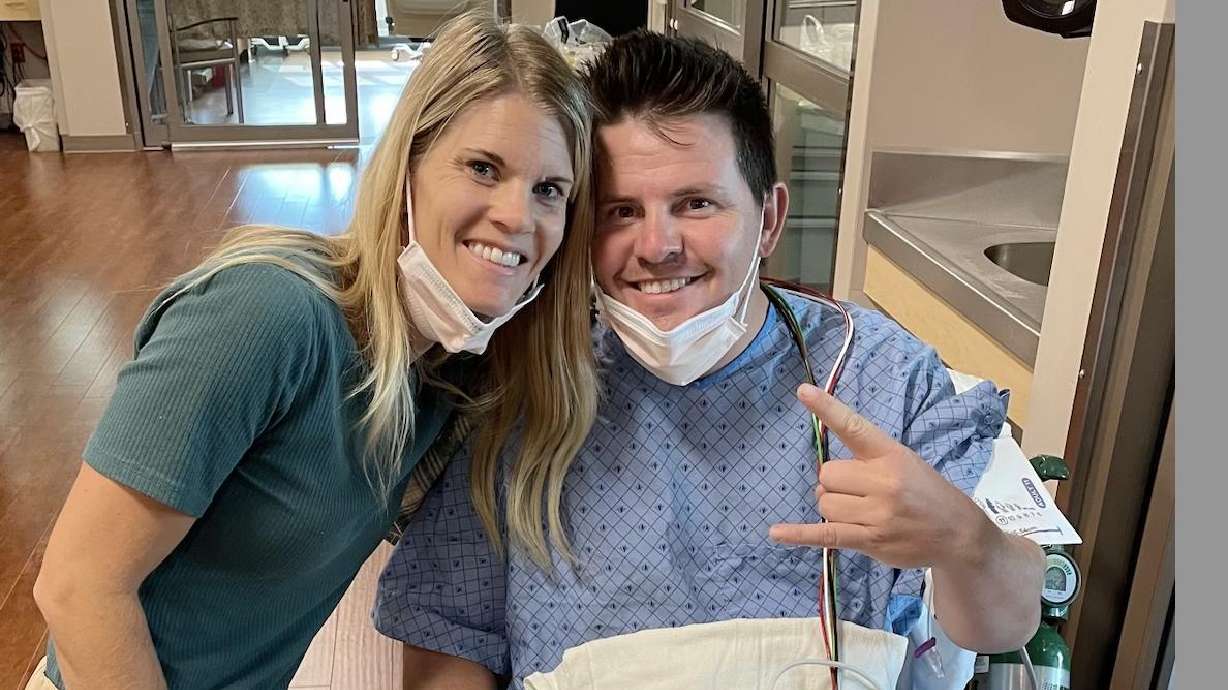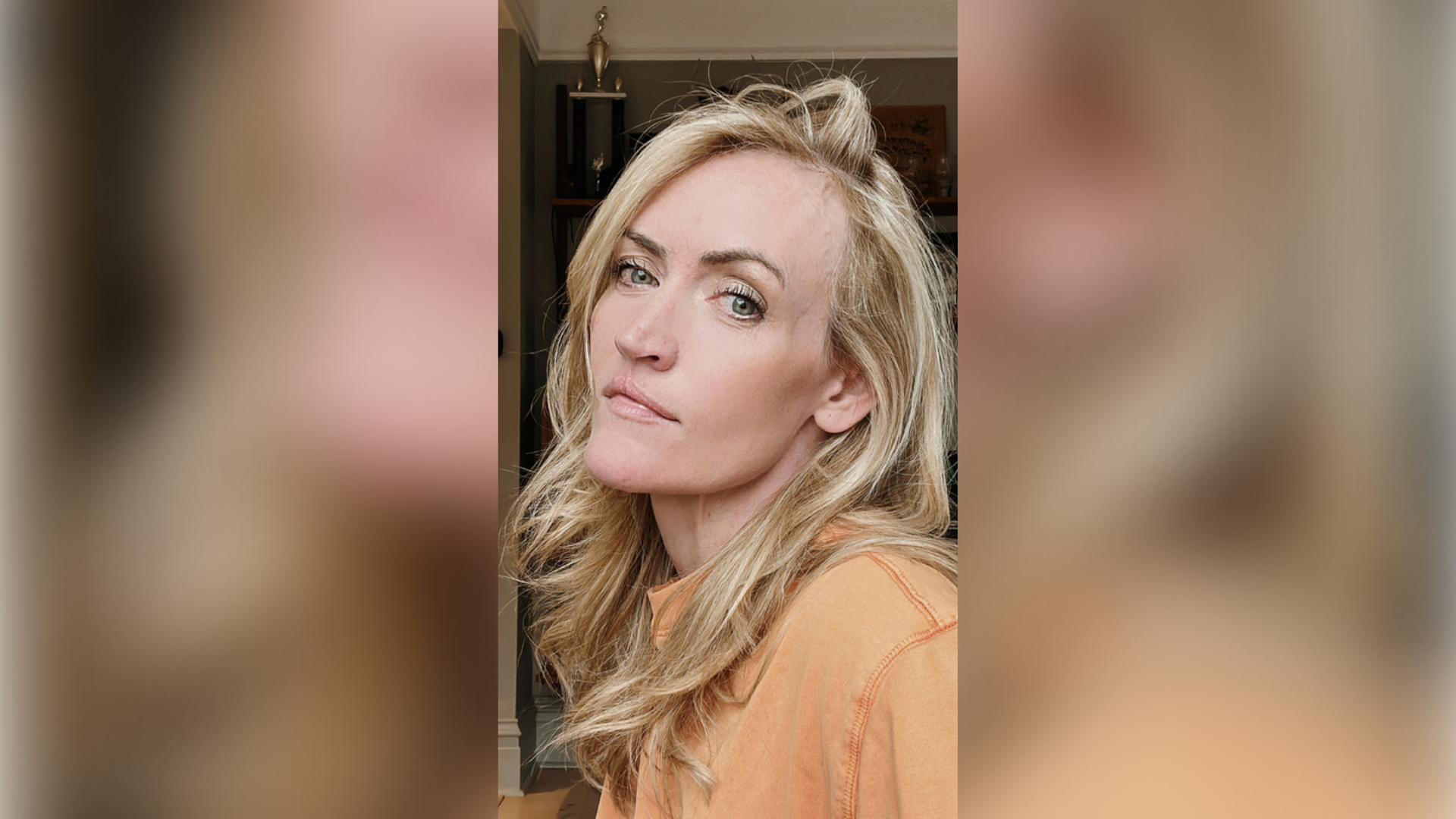HEALTH
Time change frequently a hard time for Alzheimer’s patients
Oct 28, 2019, 9:24 PM

(Shutterstock)
(Shutterstock)
SALT LAKE CITY – This weekend could be the beginning of an especially hard time for people caring for loved ones with Alzheimer’s. Health officials say less daylight can lead to the symptoms of dementia being more severe.
Picture how you feel when it’s late at night. You’re less coherent and you’re probably moodier than normal. For people with Alzheimer’s this problem is much more severe since their body can’t regulate brain function as well. Frequently, people with this disease become more confused and more agitated when it gets dark.
It’s a phenomenon doctors call “sundowning,” and not everyone knows about it.
Utah Chapter of the Alzheimer’s Association Executive Director Ronnie Daniel says, “Sometimes, even health care professionals aren’t as aware of how to manage it. A lot of times, prescriptions are given and that sometimes can make other symptoms of dementia worse.”
This problem general happens in the late afternoon or early evening, and Daniel says things like sadness, delusions, sudden mood swings and increased confusion can become more obvious.
“The more pronounced the dementia is and the longer they’ve had it, the more pronounced the sundowning could be,” Daniel says.
There are things that appear to help dementia patients. Daniel says the association recommends caretakers serve a large lunch, but a lighter dinner. Plus, they should keep their homes well lit. Also, exercise during the day may help.
“It could be some sort of physical activity, even just walking around the house. Maybe having them do a puzzle, or something like that, might help them be more cognitively stimulated, as well,” he says.
However, this can be an especially trying time for caretakers. So, Daniel says they need to make sure they get plenty of rest, themselves. People with Alzheimer’s have an especially strong “emotional radar,” and they can pick up on the frustration the caretaker is feeling.
Plus, he says they should never restrain their loved one with dementia.
Daniel says, “One of the things that causes more agitation is trying to force a loved one to do something they don’t want to do.”
The association estimates 33,000 people in Utah live with Alzheimer’s, which, sadly, has no treatment and no cure.











